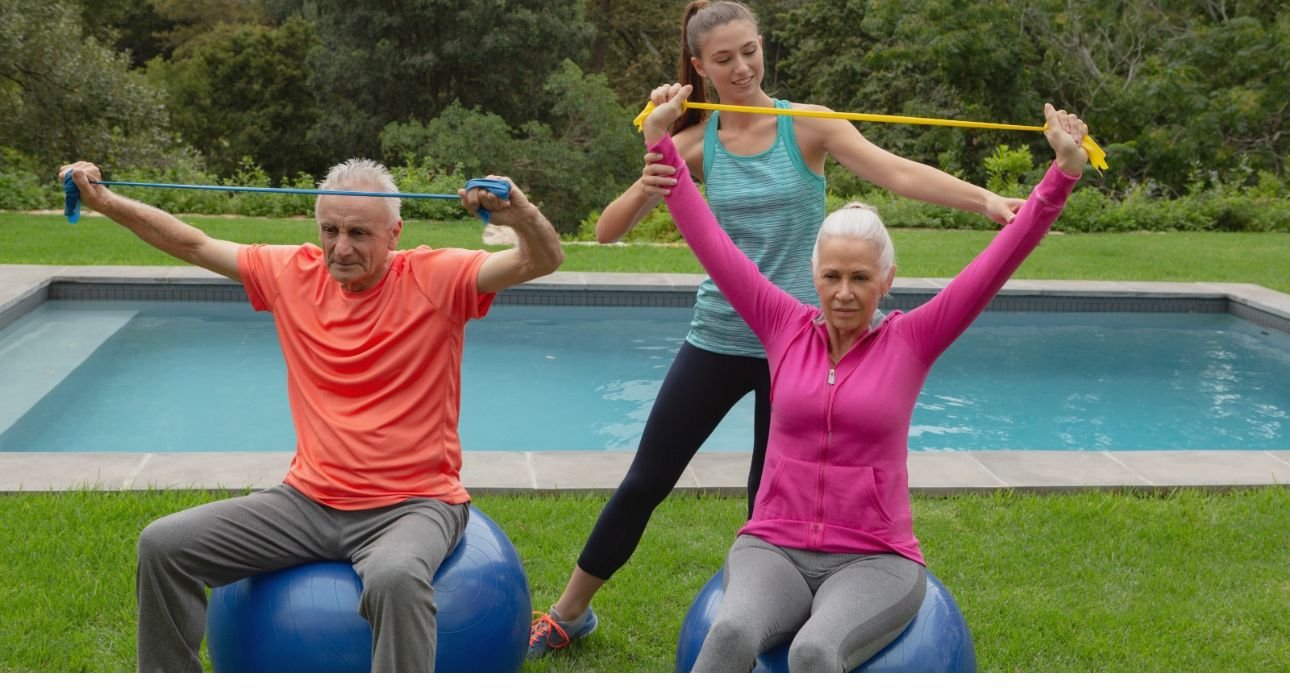As loved ones age, their needs extend naturally beyond physical, mental, and emotional well-being. For these reasons, caring for them requires compassion, dedication, and thoughtful planning. It’s important to sort out the best ways and manner in which one could be taken care of, whether living with family or assisted living. The best care is not limited to mere medical care; it encompasses making a safe environment for social interaction and maintaining their state of mind. Below are five practical ways to provide your senior loved one the best care.
1. Understand Their Needs
Every senior differs in health conditions, mobility issues, and emotional well-being. Regular assessment by healthcare professionals gives you a better idea of specifics about medical assistance that may be required. It is also crucial to consider their emotional and social well-being. Many seniors experience isolation, which may lead to depression. Learn from them what their interests and hobbies have been and continue to involve them in these activities so that they keep in social contact.
2. Choose the Right Assisted Living Facility
Start by searching for facilities within your place and compiling a shortlist based on reputation, services offered, and location. Plan a visit to the facility to get an idea about its suitability. If your loved one is suffering from chronic conditions or requires specialized care, finding a facility equipped to handle their unique needs is important. For instance, Longhouse Assisted Living specializes in providing care for individuals with chronic health conditions and those needing memory care.
With living centres, the principal factor to consider is communication. Establish open lines with the staff to ensure you get current updates about the condition of your loved one and even the changes in their care plan. Regular visits, complemented by ongoing conversations, will go a long way in helping your senior loved one get proper care in a safe and respectful environment.
3. Encourage Social Interaction and Engagement
You can help your loved one stay socially active and keep them out of loneliness and depression. This may be as simple as joining a local senior group, attending activities provided in the community, or scheduling visits with family and friends. Most older adults love to participate in hobbies, games, or other learning skills. Providing opportunities for mental stimulation not only lifts their moods but also reinforces cognitive abilities. Reading, puzzles, arts, or crafts are some of the activities that keep the mind sharp and develop socialization.
4. Keep Track of Their Healthcare
Managing the prescription drugs, therapy, and check-ups for a loved one can be stressful. Care for seniors can be complicated and confusing because they frequently have several primary practitioners and specialists. It is imperative to guarantee that all healthcare providers engage in mutual communication in order to facilitate the development of a unified care plan.
Using a digital health tracker would be beneficial in maintaining appointments, prescriptions, treatments, and other health-related information. They also allow you to handle any emergency efficiently. Taking a proactive attitude towards health care will ensure that any potential complication is avoided and proper and timely treatment for your loved one is ensured.
5. Encourage Physical Activity
Being active helps seniors maintain their mobility, strength, and overall health. Even very light exercise, such as walking, stretching, or yoga, helps improve the quality of the life of any senior through strengthening muscles, improving balance, and increasing flexibility. Exercise also uplifts one’s mood and energy and reduces anxiety and depression, promoting mental well-being. It may be as simple as a walk in the park daily, water aerobics, or even chair exercises at home. Give them regular motivation by reminding them of the benefits of physical activities.
Endnote
Seeing a senior loved one leading a high-quality life is gratifying. Putting in the right efforts, such as prioritizing their medical attention and cultivating their mental wellness, will be helpful. In all the decisions, much focus should be on an individual’s specific needs.













Leave feedback about this